I am new to using PInvoke with Classic C++ and I asked this question yesterday: Using Windows API functions in .NET
I have now created a very simple C++ program as follows:
#include <iostream>
#include <stdio.h>
#include <string>
extern "C" __declspec(dllexport) int hello()
{
//printf ("Hello World!\n");
return 1;
}
I then compiled the DLL using the following command: g++ -c mydll.cpp Then created the shared library using the following command: g++ -shared -o mydll.dll mydll.o, then copied mydll.dll to C:\Windows\syswow64.
I then created a new VB.NET project and created the following code:
Imports System.Runtime.InteropServices
Public Class TestPlatformInvoke
<DllImport("mydll.dll", CallingConvention:=CallingConvention.Cdecl)> _
Public Shared Function hello() As Integer
End Function
Public Sub New()
Try
Dim test As Integer = hello() 'Line 6 ex As Exception
'I don't swallow exceptions
MsgBox("test")
Catch ex As Exception
End Try
End Sub
End Class
The application exits after calling hello(). It does not throw an exception.
I am trying to get to grips with how this works. I don't have any commercial experience with c++; only academic experience at university.
Here is an image of Dependancy Walker for mydll.dll.
